
Selected reviews about elderly care communities
Selected reviews about elderly care communities offer valuable insights into the experiences of residents and their families. These reviews can highlight the strengths and weaknesses of different communities, helping you make an informed decision when choosing the right care for your loved one.

What Caregivers Need to Know About C. Difficile
C. difficile is a bacteria that causes severe diarrhea and intestinal issues, often following antibiotic use. Caregivers should recognize symptoms, practice strict hygiene, and ensure proper cleaning of contaminated surfaces. Understanding transmission methods and maintaining communication with healthcare providers are essential for preventing outbreaks and protecting vulnerable individuals.

Do Antibiotics Cause Fatigue and Lethargy?
Antibiotics can sometimes lead to fatigue and lethargy as side effects. These feelings may arise from the body’s response to the medication, changes in gut bacteria, or the underlying infection being treated. It's essential to consult a healthcare professional if fatigue persists or worsens during antibiotic use.

Finding the Right Medications and Dosages is Tricky for Seniors
Finding the appropriate medications and dosages for seniors can be challenging due to factors like age-related changes in metabolism, potential interactions with existing medications, and varying health conditions. Personalized approaches and careful monitoring are essential to ensure safety and effectiveness, highlighting the importance of collaboration between healthcare providers and caregivers.

Protect Yourself from Antibiotic Overuse and Prevent Resistance
Antibiotic overuse poses a significant threat to public health by fostering resistance in bacteria. To protect yourself, only use antibiotics when prescribed by a healthcare professional, complete the entire course, and avoid sharing medications. Educating yourself on proper antibiotic use can help preserve their effectiveness for future generations.

How could I SAY that?
Exploring the nuances of communication, this concept delves into the intricacies of expressing thoughts and emotions effectively. It emphasizes the importance of tone, word choice, and context in conveying messages, encouraging individuals to consider their audience and the impact of their words to foster understanding and connection.

Had to disown father after Mother died.
After the loss of my mother, the emotional turmoil revealed deep-seated issues with my father. His inability to cope led to harmful behaviors that shattered our relationship. I found myself forced to prioritize my own mental health, ultimately making the painful decision to disown him for my well-being and peace.

Not good to yell at the elderly. Do others frequently find themselves defending a parent?
Yelling at the elderly can be harmful, both emotionally and psychologically. It often leads to feelings of shame and helplessness. Many people find themselves in situations where they must defend their elderly parents against disrespectful behavior, emphasizing the importance of patience and understanding in caregiving relationships. Compassion is essential.

Sanity check, have a lot of anger towards emotionally unavailable, narcissistic mother. Any advice?
Feeling anger towards an emotionally unavailable and narcissistic mother is understandable. It's important to acknowledge these feelings as valid. Consider seeking therapy to process your emotions and develop coping strategies. Establishing boundaries can also help protect your well-being while fostering healthier relationships moving forward. Prioritize self-care and focus on your healing journey.

Facility wants to remove my mother due to "verbal abuse" of staff. What exactly are my options?
If the facility seeks to remove your mother for alleged verbal abuse, you can request a meeting to discuss the claims, gather evidence supporting her behavior, and explore alternative solutions. Consulting with an attorney experienced in elder care may also help you understand her rights and options for appeal.

How do I get my husband to accept in-home care? He fights it every time they are scheduled to come.
To encourage your husband to accept in-home care, have open and honest conversations about his feelings and concerns. Highlight the benefits of support, such as improved quality of life and reduced stress for both of you. Involve him in selecting caregivers, fostering a sense of control and comfort in the process.

The Top 8 Medicaid Planning Mistakes People Make
Many individuals face challenges with Medicaid planning, often making critical mistakes. Common errors include failing to plan early, not understanding asset limits, overlooking the importance of gifting strategies, and neglecting to account for income changes. These missteps can jeopardize eligibility and lead to unexpected financial burdens.
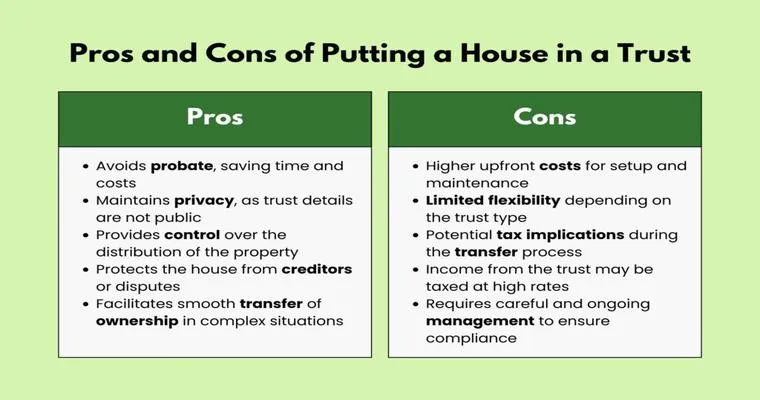
Weighing the Pros and Cons of a Living Trust
A living trust offers benefits like avoiding probate and providing privacy for asset distribution. It allows for seamless management during incapacity and can simplify estate planning. However, downsides include setup costs, potential complexity, and the need for proper funding to ensure effectiveness. Careful consideration is essential before establishing one.
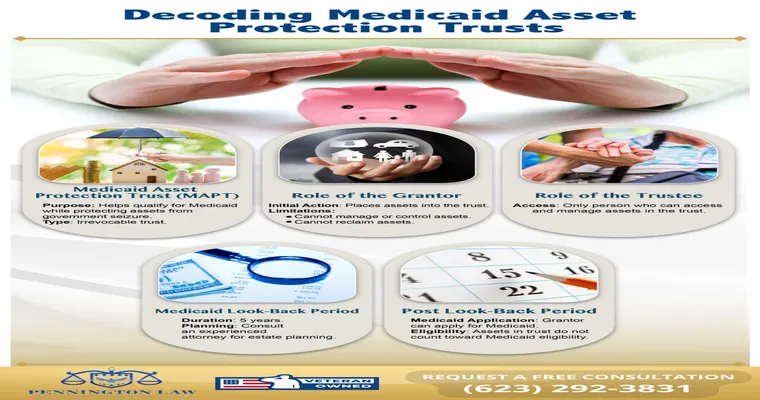
Hiding Money from Medicaid: Don't Do It
Hiding money from Medicaid can lead to severe consequences, including penalties and loss of benefits. Attempting to shelter assets may seem appealing, but it can jeopardize eligibility for essential healthcare services. It's crucial to understand the regulations and seek legitimate planning strategies to ensure compliance and secure necessary support.

Top 5 Strategies for Protecting Your Money From Medicaid
To safeguard your finances from Medicaid, consider strategies like asset diversification, establishing irrevocable trusts, utilizing life insurance policies, gifting assets responsibly, and exploring annuities. These approaches can help preserve your wealth while ensuring you remain eligible for necessary healthcare benefits when needed. Always consult with a financial advisor for personalized guidance.

Protecting the Home from Medicaid with a Life Estate
A life estate allows individuals to retain the right to live in their home while transferring ownership to heirs. This strategy can help protect the property from Medicaid claims, ensuring that the home remains within the family without jeopardizing eligibility for long-term care assistance.
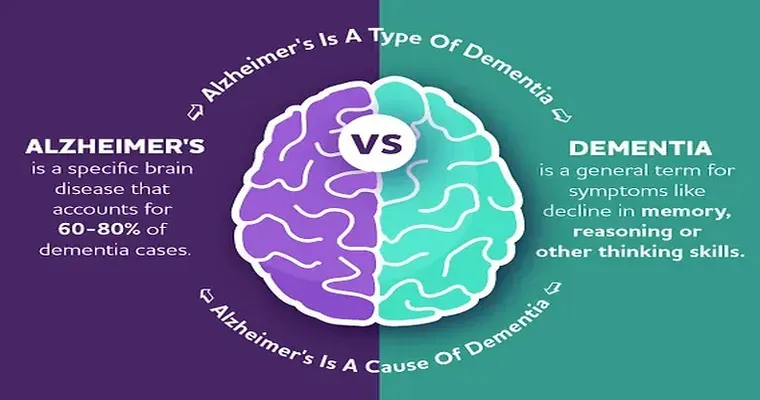
Behavior Changes and the Progression of Dementia
As dementia progresses, individuals may exhibit significant behavior changes, including increased anxiety, mood swings, and withdrawal from social interactions. These alterations can stem from cognitive decline and frustration in communication. Understanding these shifts is crucial for caregivers, enabling them to provide appropriate support and enhance the quality of life for those affected.
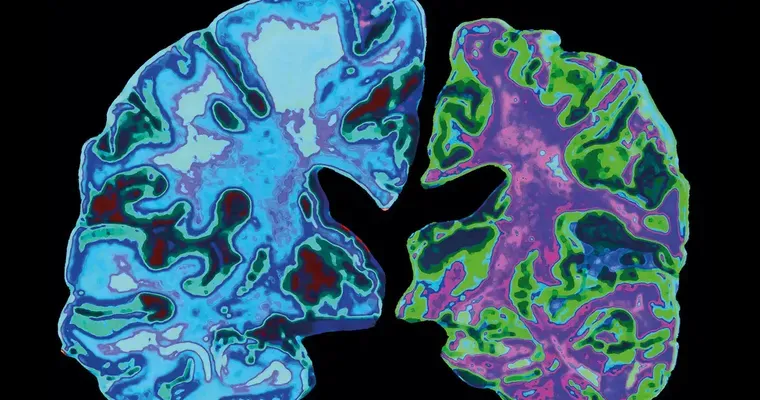
Are Advanced Alzheimer's Patients Aware of Their Surroundings?
Advanced Alzheimer's patients often experience significant cognitive decline, which can affect their awareness of surroundings. While some may retain fleeting recognition of familiar faces or places, many struggle to process their environment fully. This can lead to confusion and disorientation, impacting their ability to engage meaningfully with those around them.
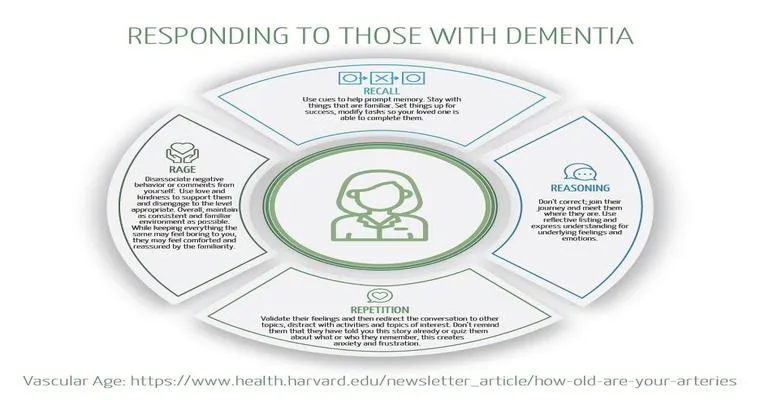
Is Using Validation for Dementia Calming or Condescending?
The use of validation techniques for individuals with dementia can promote a sense of calm and understanding, fostering emotional connections. However, some may perceive these methods as condescending, leading to debates about respect and autonomy. Balancing empathy with dignity is crucial in ensuring effective and compassionate communication.

Should You Be Tested for Dementia?
Considering dementia testing involves evaluating cognitive changes that may affect daily life. It's essential to recognize symptoms like memory loss or confusion and consult a healthcare professional. Early diagnosis can aid in management and planning for future care, helping individuals and families understand and navigate the challenges associated with dementia.

With Alzheimer's, Denial Isn't Always What it Seems
This piece explores the complex nature of denial in Alzheimer's patients. It highlights how denial can manifest not just as refusal to acknowledge the disease, but also as a coping mechanism for both patients and caregivers. Understanding these nuances is essential for fostering empathy and improving communication in caregiving relationships.
Page 115 of 134